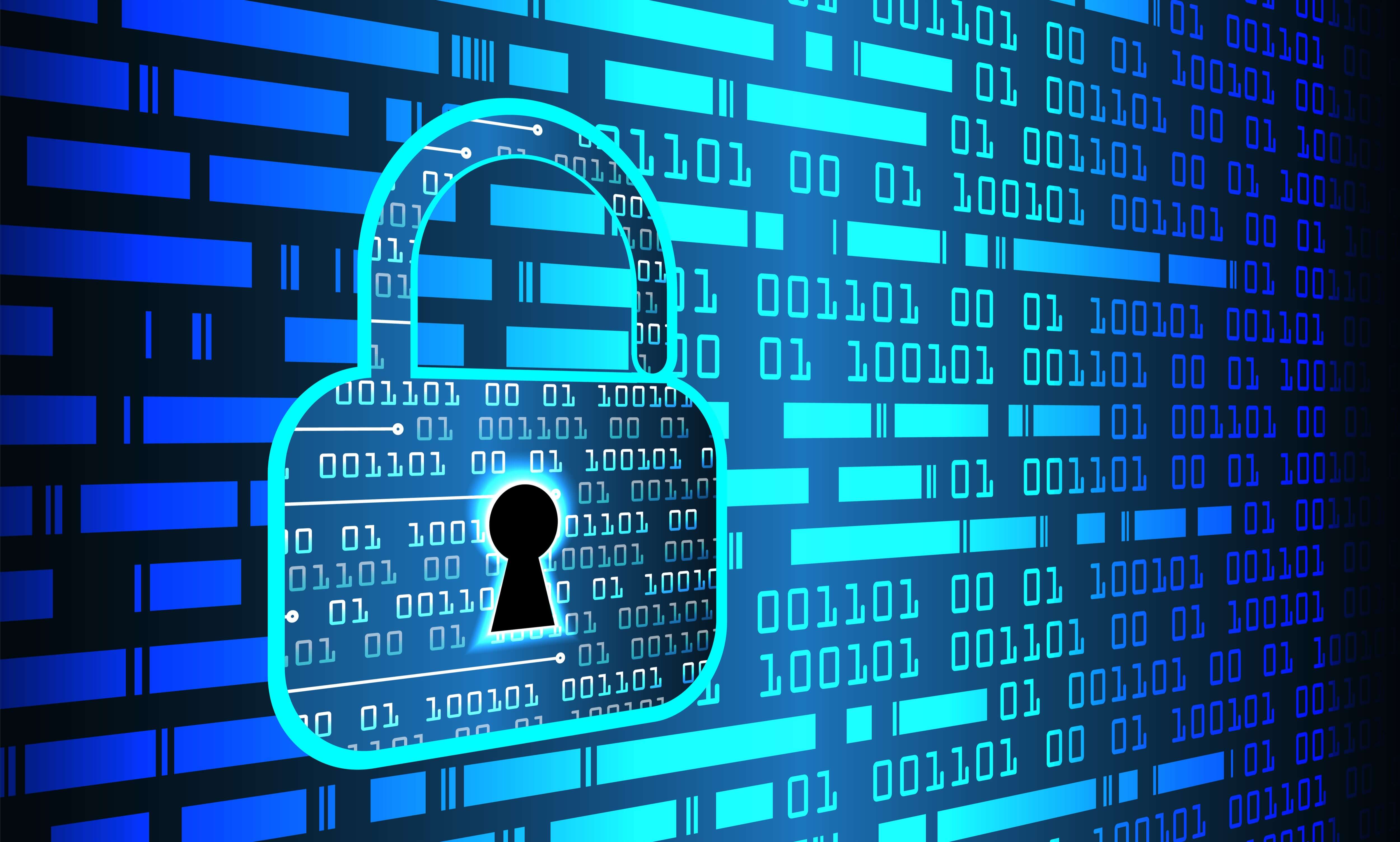Protect your business against malware and phishing
 This year was characterized by the further development of artificial intelligence and the use of equipment, appliances and vehicles with sensors and software that interconnect and communicate with each other. However, these innovations introduce new risk scenarios for possible cyber attacks against people and businesses.
According to cyber security experts, malware and phishing are the most dangerous kind of attack for any size or type of businesses.
Only a few industries have provided real data on the impact of security breaches on customer and business information. In mid-2018, losses caused by the effects of cyber attacks reached $100 billion in the international financial system alone, according to International Monetary Fund figures.
Malware: the cyber attacks crime boss
Malware is an abbreviated term for malicious software. It is defined as a software program or programming code whose objective is to damage a system or cause a malfunction and then access secret information and key files, among other data. Malware includes older variants known for decades as viruses, Trojan horses and worms, as well as recent versions like keyloggers, botnets and ransomware, among others.
Ransomware is the malware modality that poses the highest risk. It works as a type of malicious code that encrypts information or interrupts computer and equipment’s normal functions. It then asks victims to pay a certain amount to restore the information or return the equipment to its original state. These attacks are carried out by criminal organizations with worldwide operations that execute their extortion transactions using cryptocurrencies.
How does phishing work?
Phishing is a sophisticated method in which cybercriminals trick users into revealing personal information such as passwords or credit card information as well as bank account and Social Security numbers.
The attack takes place by sending fraudulent emails appearing to come from a banking institution. They usually contain an alert or a transaction failure message. On other occasions, they direct people to a fake website so they fill out bogus forms with their confidential data. Under this modality, cyber crooks can even make phone calls to validate key data.
According to Europa Press, phishing accounts for half of the data breaches aimed at individuals and organizations. It also represents nearly half of the cases of identity theft (48%), followed by requests to fill out forms (18%) and exploiting web applications’ vulnerabilities (18%).
How to protect yourself
Due to the complexity and sophistication of today’s cyber attacks, no person or corporation is immune to risks. An antivirus software license will help, but it is not enough. The key is to adopt these protection habits:
This year was characterized by the further development of artificial intelligence and the use of equipment, appliances and vehicles with sensors and software that interconnect and communicate with each other. However, these innovations introduce new risk scenarios for possible cyber attacks against people and businesses.
According to cyber security experts, malware and phishing are the most dangerous kind of attack for any size or type of businesses.
Only a few industries have provided real data on the impact of security breaches on customer and business information. In mid-2018, losses caused by the effects of cyber attacks reached $100 billion in the international financial system alone, according to International Monetary Fund figures.
Malware: the cyber attacks crime boss
Malware is an abbreviated term for malicious software. It is defined as a software program or programming code whose objective is to damage a system or cause a malfunction and then access secret information and key files, among other data. Malware includes older variants known for decades as viruses, Trojan horses and worms, as well as recent versions like keyloggers, botnets and ransomware, among others.
Ransomware is the malware modality that poses the highest risk. It works as a type of malicious code that encrypts information or interrupts computer and equipment’s normal functions. It then asks victims to pay a certain amount to restore the information or return the equipment to its original state. These attacks are carried out by criminal organizations with worldwide operations that execute their extortion transactions using cryptocurrencies.
How does phishing work?
Phishing is a sophisticated method in which cybercriminals trick users into revealing personal information such as passwords or credit card information as well as bank account and Social Security numbers.
The attack takes place by sending fraudulent emails appearing to come from a banking institution. They usually contain an alert or a transaction failure message. On other occasions, they direct people to a fake website so they fill out bogus forms with their confidential data. Under this modality, cyber crooks can even make phone calls to validate key data.
According to Europa Press, phishing accounts for half of the data breaches aimed at individuals and organizations. It also represents nearly half of the cases of identity theft (48%), followed by requests to fill out forms (18%) and exploiting web applications’ vulnerabilities (18%).
How to protect yourself
Due to the complexity and sophistication of today’s cyber attacks, no person or corporation is immune to risks. An antivirus software license will help, but it is not enough. The key is to adopt these protection habits:
- Periodically update your security tools: antivirus, firewall, identity protection applications and apps.
- Avoid using pirated (unlicensed) software.
- Don’t download or use public cloud content or stream files whose protection is not guaranteed.
- Moderate the impulse or completely avoid clicking on promotions for prizes, free products and sweepstakes. Do not believe emails that offer easy money or access to adult-only content.
- Talk to your family about security risks when using smartphones, smart appliances, motor vehicles and apps, among others.
- At your company or business, devote time to build a culture of protection against malicious attacks coming from external sources. Set a protocol for using software and define which steps must be followed when sharing information with third parties.
For more advice on how to take action and prevent fraud in your business visit the security business section.
GM Security Technologies creates innovative solutions that help accelerate businesses’ progress in areas like managed hosting services, multi-tenure, business continuity, integrated security (physical and technological) and cyber security, as well as automation and process orchestration. Our goal is to offer cost efficiency to both customers and business partners. Our principles of simplicity, innovation and customer success have made us the leading and fastest growing provider of security and technology in northern Latin America. Banco Popular of Puerto Rico (“Popular”) is not affiliated nor related to the individuals or entities mentioned in this article. This article is for informative purposes only, and does not constitute an endorsement or guarantee of its accuracy. Neither Popular nor any of its affiliates, subsidiaries, or related entities are, nor might be held liable for any special, direct, or indirect, damages, resulting from reliance on the information contained in this article, which Popular did not prepare. Popular provides financial services) and does not provide the type of service referenced in this article. If you need any related service, you should request the advice of the competent professional of your preference.

